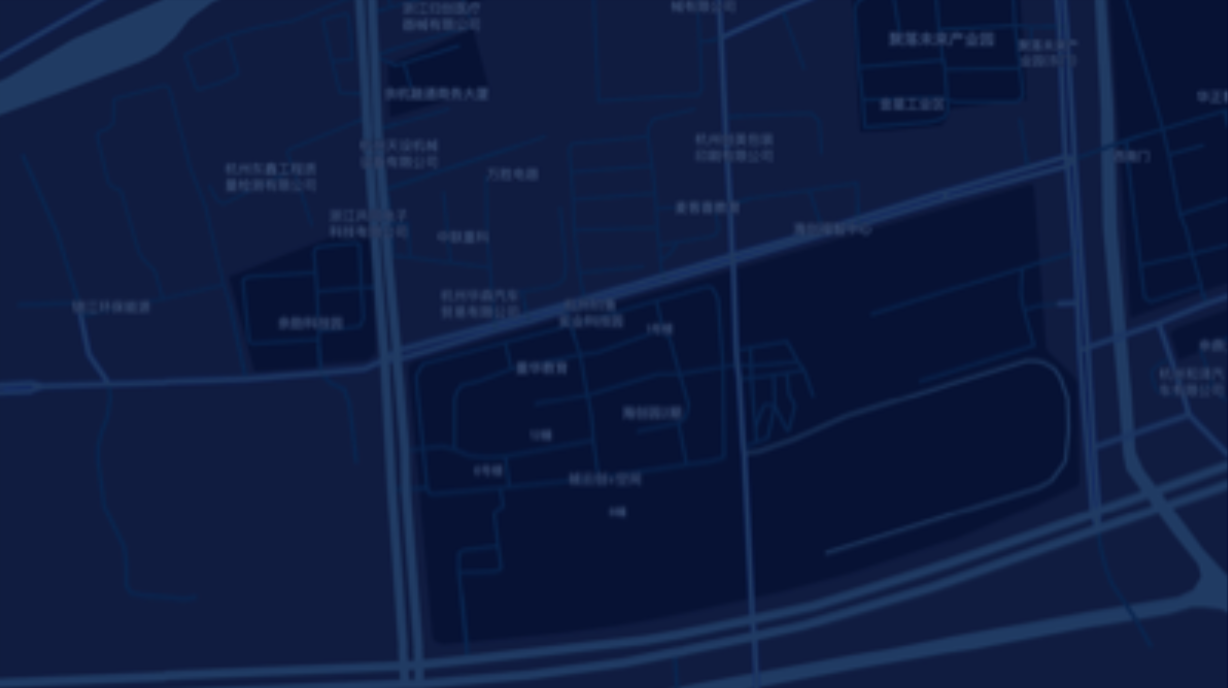Prev Post
The Catalytic Effect of A Cup of Coffee

Germany, France, Switzerland, the Netherlands, Australia, Japan…… Recently, the footprint of researchers from Zhejiang Lab (ZJ Lab) is throughout many countries in Europe and Asia, accelerating the pace of "going global" and making voices in various international academic exchanges.
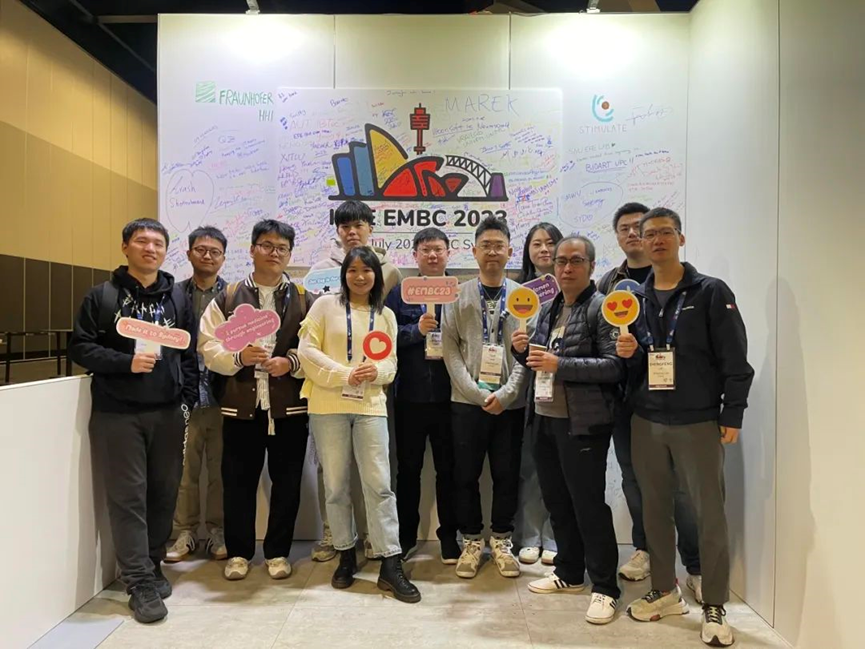
On July 22, the 45th Annual International Conference of the IEEE Engineering in Medicine and Biology Society (EMBC2023) was kicked off in Sydney, Australia. Researchers of ZJ Lab's Research Institute of Artificial Intelligence were invited to the conference and give academic reports. EMBC, one of the world’s best-known and largest high-level international conferences in the field of biomedical engineering, has paid more and more attention to the interdisciplinary research and application of brain sciences and computing technology in recent years. At this conference, ZJ Lab's researchers gave 15 academic reports on brain imaging, brain-computer interface, brain-like intelligence, brain digital twin, etc.
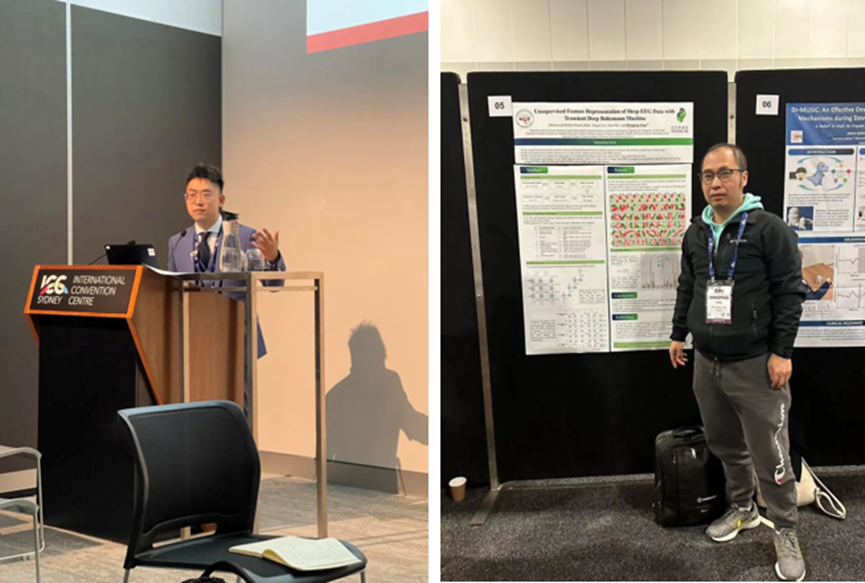
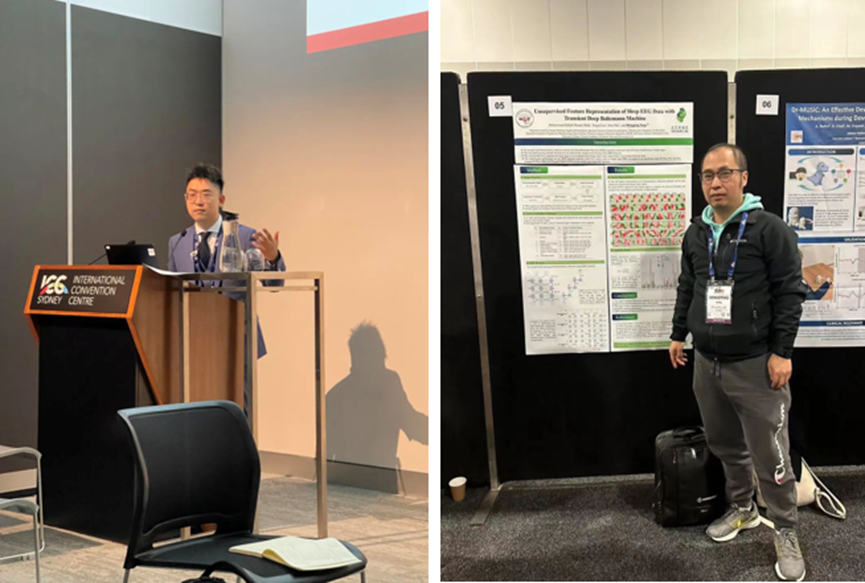
"The audience, about a hundred of them, heard Mr. TANG Tao's academic report. FENG Linqing, YANG Dongping and LIU Zi'ao discussed with scholars of high-level universities and research institutes in the poster display session. Postdoc LYU Tianling attended and gave a report at the symposium on biomedical imaging and image processing. This was not only a publicity of our research results and enhance the Lab's international influence, but also was an exercise for our researchers, so that we could have a clearer understanding and plan of the future research directions." WEI Yina said.
In Yokohama, Japan, about 7,000 kilometers north of Sydney, researchers on intelligent transportation algorithm ZHU Yongdong, JI Wei, XU Tu and others were present at the 22nd IFAC (International Federation of Automatic Control) World Congress, where they shared their research results in auto pilot, shared autonomy driving and vehicle infrastructure cooperative systems with thousands of international scholars.
"Ramp merging" is a typical application scenario in vehicle-infrastructure-cloud integrated transportation system," said JI Wei, "At the congress, we introduced our self-developed vehicle track tracing, dynamic speed guidance and driving behavior recognition algorithms to the experts and scholars. The prototype system developed based on these algorithms has been verified in Hangzhou Ring Expressway, and the results show that vehicle infrastructure cooperative systems helps in smooth ramp merging, thus effectively reducing transportation-related energy consumption and emission."
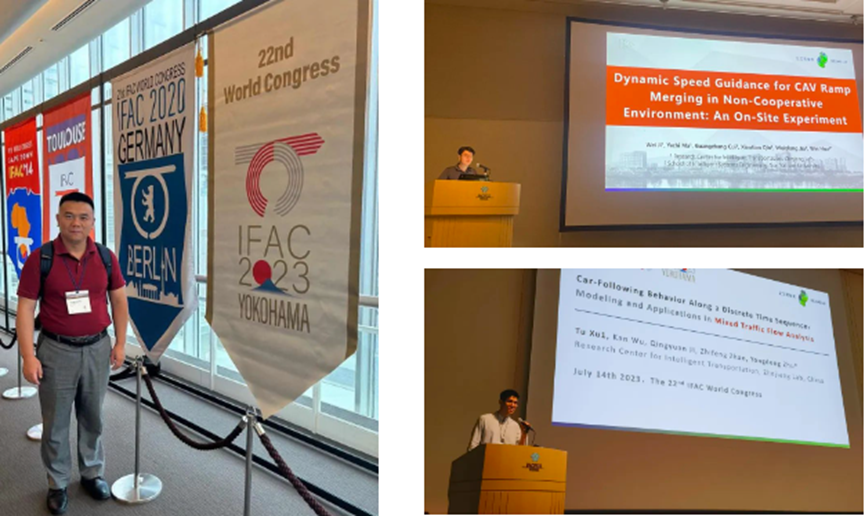
"At the congress, we had extensive exchanges with international experts and scholars from relevant fields," said ZHU Yongdong, "That helped expand our views and clinched our determination to focus on intelligent computing to apply computing methods, such as deep learning, to intelligent transportation."
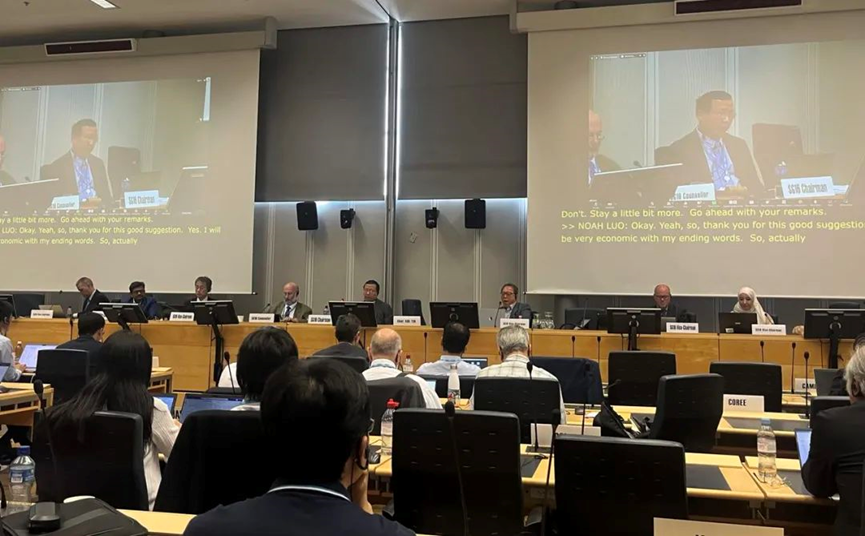
On the Eurasia continent west of Japan, researchers from ZJ Lab, LI Zhenting, CHEN Ye, YANG Qiongqian and YANG Fei, who promote the development of scientific and technological standards, attended the plenary meeting of the International Telecommunication Union Telecommunication Standardization Sector Study Group 16 (ITU-T SG16) held in ITU Headquarters in Geneva, Switzerland. ITU-T SG16 mainly addresses study and development of standards for hot-spot subjects including audio-visual processing and compressed encoding, video surveillance, content distribution, big data and block chain, and AI, etc.
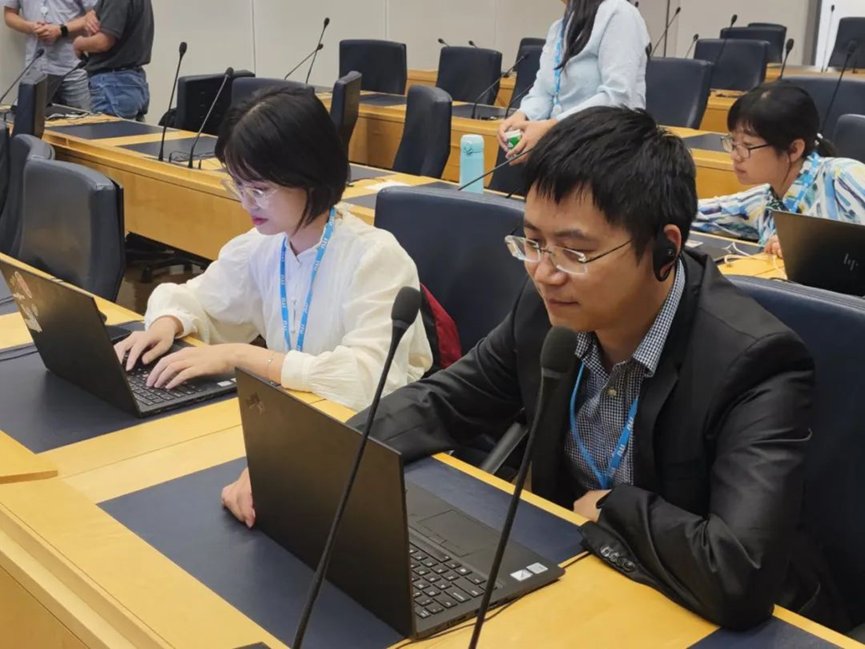
"The meeting adopted four standardization proposals directed or led by ZJ Lab, and raised questions or gave recommendations concerning other standardization proposals," said CHEN Ye, "ZJ Lab, an academic member of ITU, has the ability to make more in-depth and influential technological researches, identify more potential technological standards, improve the quality of proposals, and do more to help China make greater contributions and win a bigger voice in international standardization sector."
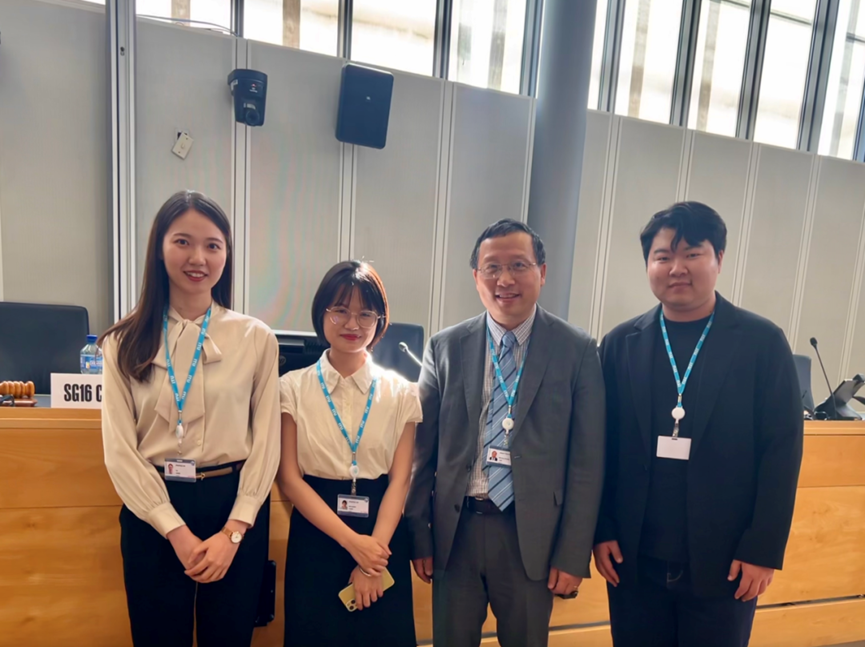
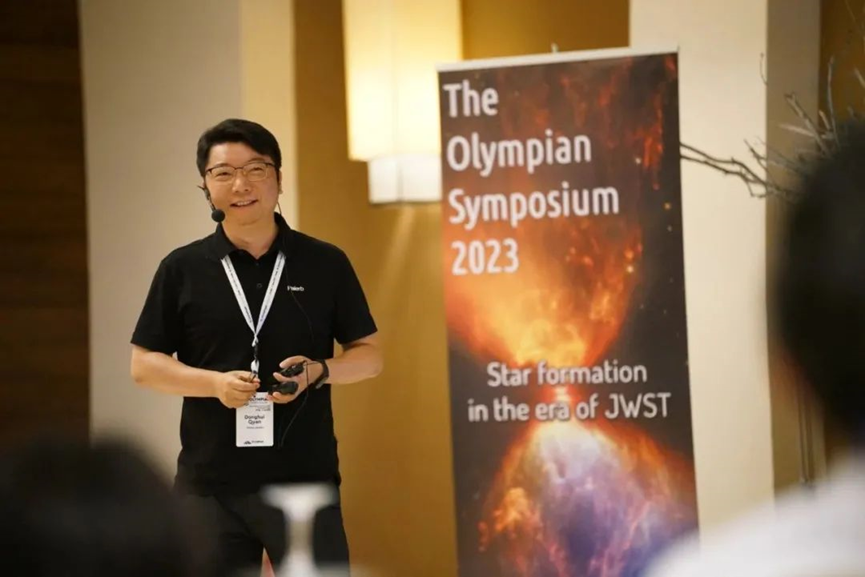
Also in Europe, QUAN Donghui, a Senior Research Expert in the field of computing astronomy at ZJ Lab experienced a "commando" academic trip. Within half a month, he visited University of Bordeaux in France, Leiden University in the Netherlands, University of Cologne in Germany, Max Planck Institute for Radio Astronomy and Max Planck Institute for Extraterrestrial Physics, and attended several academic workshops including the Olympian Symposium in Greece. "It was indeed hasty. However, I basically completed the mission of introducing the Lab's computing astronomy team and related research progress to the European astronomy community, promoted several international scientific research cooperation programs, and expanded the visibility of ZJ Lab in the field of astrochemistry research," said he, "We'll make good use of the Lab's technological strengths in intelligent computing, actively involve in global innovation networks, and intensify international scientific research cooperation. In the interdisciplinary field of astrochemistry, we'll strive to sharpen our research competitive edge and lead the development of frontier technology."










